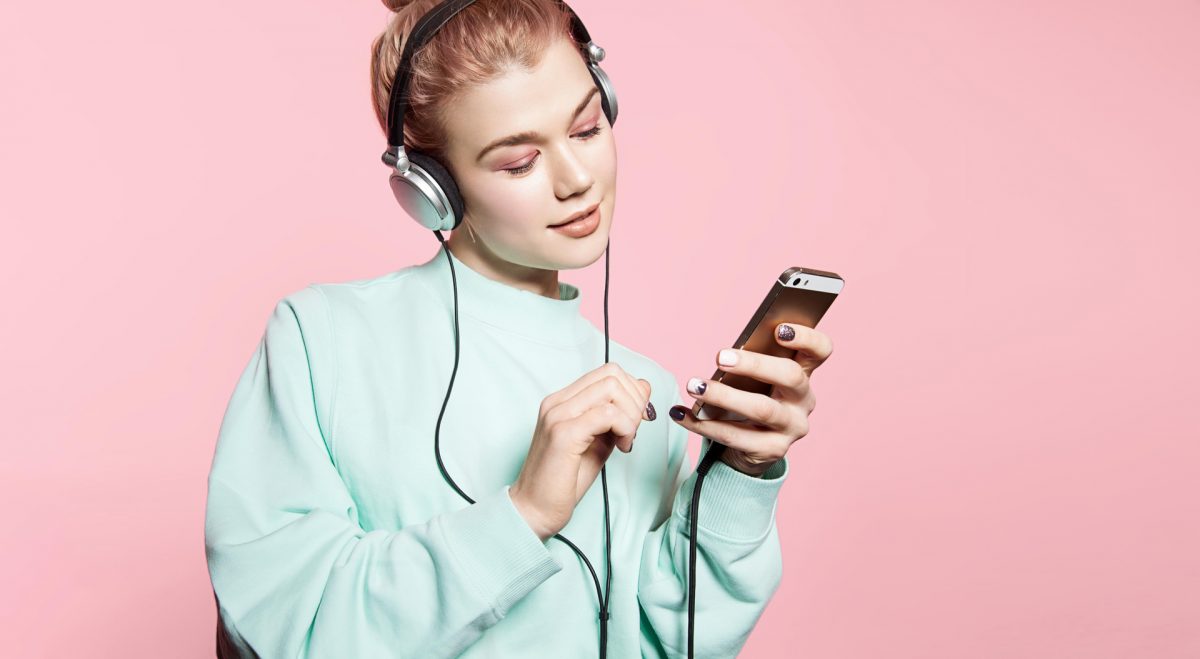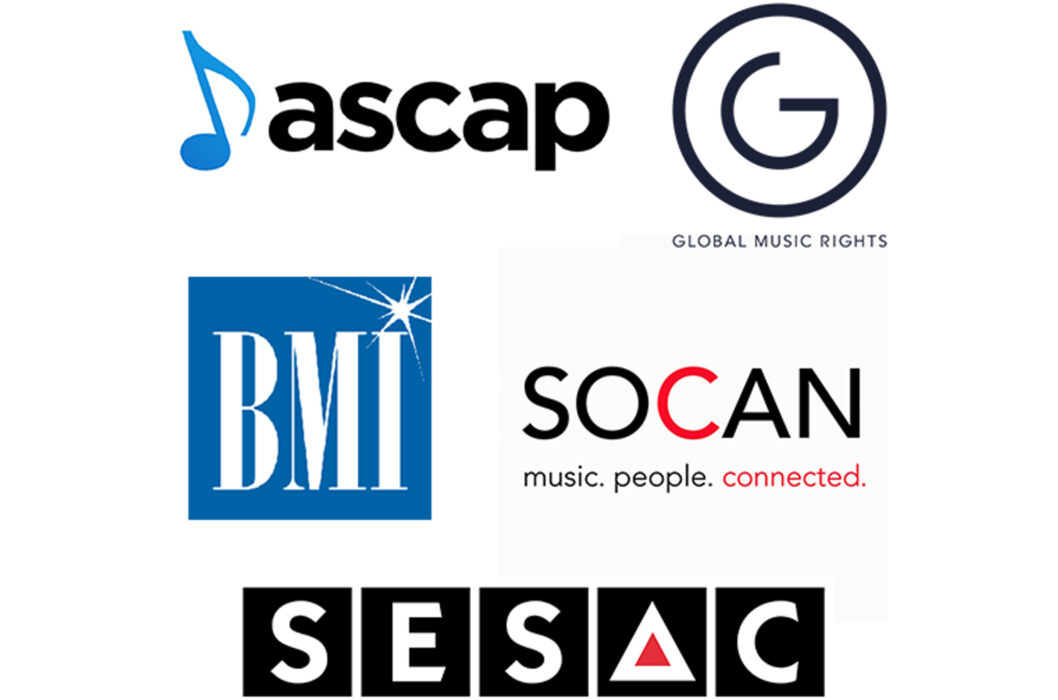In recent years, artificial intelligence (AI) has made significant strides in various industries, including healthcare, finance, and entertainment. However, one of the most intriguing applications of AI lies in the music industry, where AI-generated music and AI singers are starting to reshape the landscape. From creating original compositions to producing lifelike vocal performances, AI technology is revolutionizing how music is made, distributed, and consumed.
What Is AI-Generated Music?
AI-generated music refers to compositions, melodies, and even full songs created by artificial intelligence algorithms. These algorithms analyze vast datasets of musical styles, genres, and structures to learn how to generate music that sounds human-made. Some of the most popular AI music platforms, such as **Amper Music**, **AIVA**, and **OpenAI’s Jukebox**, are capable of composing music across various genres and moods, often with minimal input from human creators.
AI singers, also known as virtual singers or vocal synthesizers, use advanced machine learning models to mimic human voices. These AI-generated voices can sing melodies and lyrics with impressive realism, often indistinguishable from real human performers. Some notable AI singers include **Vocaloid** stars like Hatsune Miku and newer innovations that use deep learning techniques to generate more natural-sounding vocals.
How AI Is Changing the Way Music Is Made
Automated Music Composition
One of the most significant impacts AI is having on the music industry is its ability to compose music automatically. AI-powered tools can now generate melodies, harmonies, and rhythms based on input from musicians or producers. This allows artists to experiment with different styles and sounds at a faster pace, streamlining the creative process.
AI Singers and Vocal Synthesis
AI singers are advancing rapidly, creating opportunities for artists to collaborate with virtual voices or even create entire songs using AI-generated vocals. Companies like **Vocaloid** have long been at the forefront of virtual singing technology, but newer AI models take this to the next level by producing highly realistic and emotive vocal performances. For instance, OpenAI’s **Jukebox** and **Google’s LyricAI** have the potential to transform songwriting by generating vocals that mimic the sound of real human singers.
Democratization of Music Production
AI music tools have opened the door for non-musicians to create professional-quality music. With simple interfaces and AI-driven assistance, anyone can compose music without needing extensive knowledge of theory or instrumentation. This democratization of music production has the potential to diversify the types of music being made and who is making it.
The Impact of AI-Generated Music on the Music Industry
Creative Collaboration Between Humans and AI
AI-generated music isn’t about replacing human creativity; rather, it’s about augmenting it. Musicians can use AI as a collaborative tool, experimenting with ideas and refining their sound. For example, producers can input specific guidelines, such as tempo or genre, and allow the AI to generate a composition that they can further tweak.
This form of collaboration allows for new kinds of creative exploration, where AI acts as a partner rather than a replacement. Musicians can focus on storytelling, emotions, and artistry, while AI handles some of the more repetitive or technical aspects of production.
New Avenues for Independent Artists
AI music tools are particularly useful for independent artists, many of whom may not have the resources to hire full teams of musicians, engineers, and producers. AI-generated music offers a cost-effective solution for creating high-quality tracks, allowing indie artists to compete on the same level as big-name acts.
Moreover, AI-generated music can reduce the time it takes to produce an album or EP. An artist can work with AI to generate different song ideas, melodies, and arrangements in a fraction of the time it would take to compose from scratch.
Challenges to Copyright and Ownership
As AI-generated music becomes more prevalent, questions around copyright and intellectual property will arise. Who owns the rights to a song created by an AI? Should the programmer of the AI tool, the artist who inputted the data, or the AI itself be credited? The legal landscape surrounding AI-generated music is still evolving, and it’s likely we’ll see new regulations emerge to address these concerns.
In addition, the rise of AI-generated music could lead to concerns over plagiarism. As AI tools draw inspiration from vast amounts of existing music, distinguishing between original work and AI-generated content could become increasingly difficult. Ensuring that AI-produced music is truly unique and not derivative of existing works will be a challenge for the industry.
Ethical Considerations
Another important factor to consider is the ethics of using AI singers, especially when they are programmed to imitate the voices of real human performers. Some companies have already developed AI models that replicate the voices of famous deceased artists, raising questions about consent and authenticity. If AI can flawlessly recreate the voice of a famous singer, it could lead to moral dilemmas about whether or not it’s right to “revive” these voices for new music projects.
Job Displacement in Music Creation
While AI offers new creative possibilities, it also poses a potential threat to jobs in the music industry. Session musicians, composers, and vocalists may find themselves in less demand as AI-generated music becomes more sophisticated. However, it’s likely that new roles will emerge in music production, such as “AI operators” or specialists who use AI to enhance traditional music creation processes.
The Future of AI in the Music Industry
The future of AI-generated music is both exciting and uncertain. As technology continues to evolve, AI singers and composers will likely become more integrated into the mainstream music industry. Artists will be able to work faster, create more experimental music, and even collaborate with AI on projects that wouldn’t have been possible before.
However, with these advances come challenges in terms of copyright, ethics, and job displacement. The music industry will need to adapt to the rise of AI-generated music, ensuring that human creativity and innovation remain at the heart of the art form while also embracing the benefits AI has to offer.
AI-generated music and AI singers are already making a significant impact on the music industry, offering new ways to create, distribute, and consume music. While the future holds both exciting possibilities and ethical challenges, one thing is certain: AI will continue to push the boundaries of what’s possible in music creation. For artists, embracing these new tools could lead to unprecedented opportunities, but the industry must carefully navigate the evolving landscape to ensure that human creativity remains the driving force behind music.








